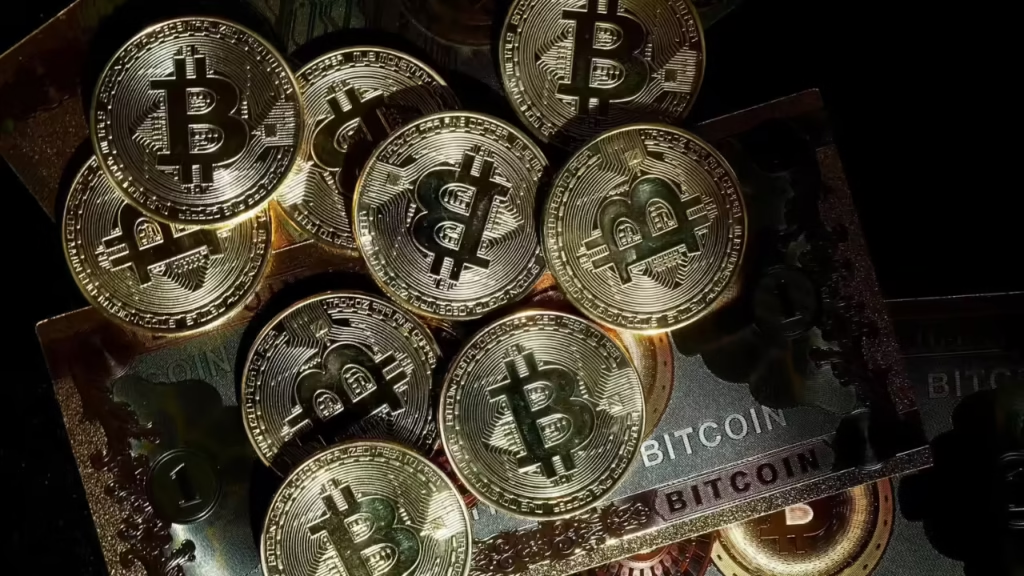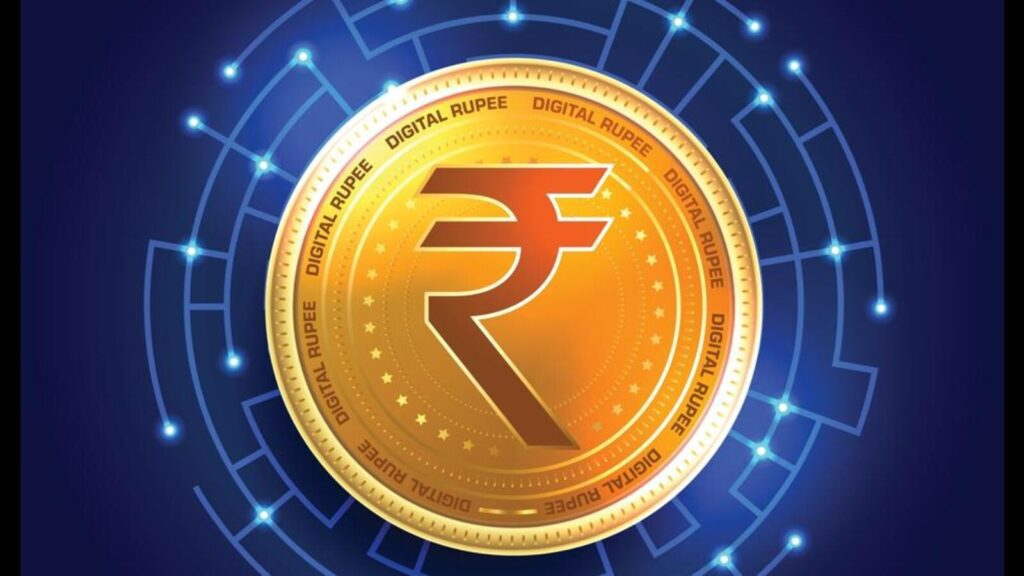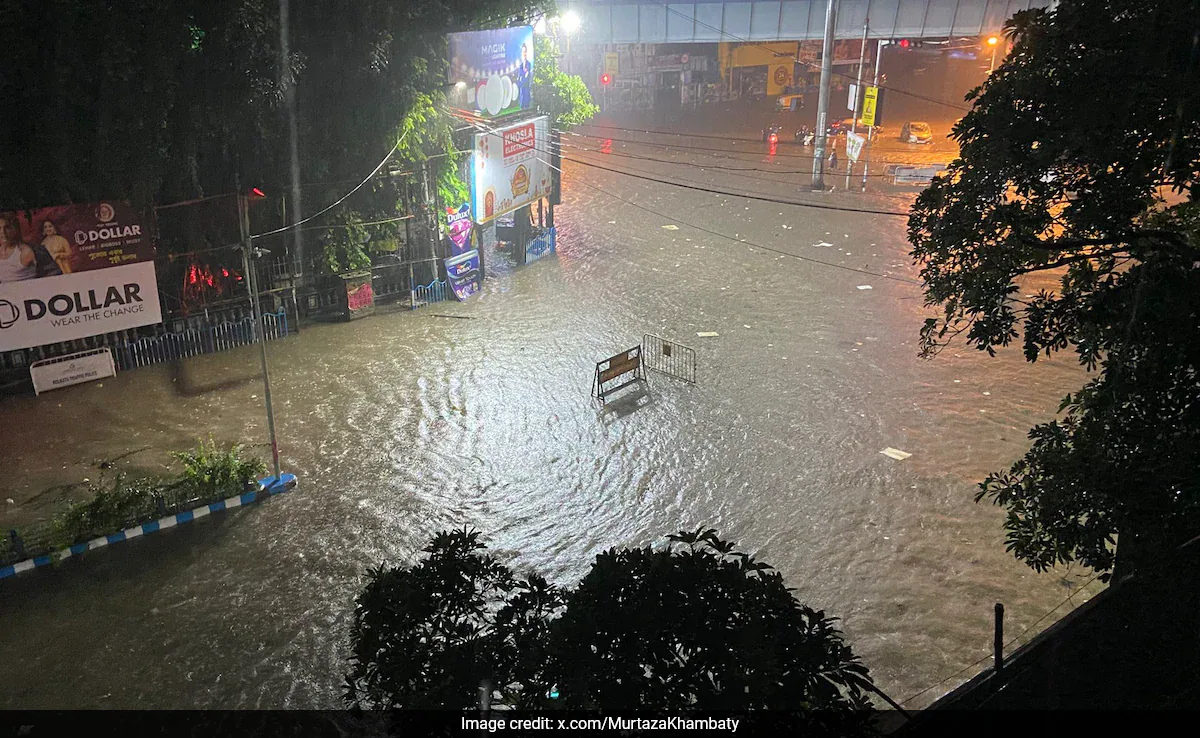Now Reading: How Crypto and Blockchain Are Finding Real-World Uses in Smaller Indian Cities
-
01
How Crypto and Blockchain Are Finding Real-World Uses in Smaller Indian Cities
How Crypto and Blockchain Are Finding Real-World Uses in Smaller Indian Cities

Beyond the hype of trading, crypto and blockchain are slowly making their way into practical applications in India. What’s interesting is that smaller cities, where people are usually cautious about new technologies, are beginning to see use cases that go beyond investment. From local businesses to remittances and supply chains, blockchain is quietly shaping how transactions and records are managed. The shift is gradual but significant for Tier-2 and Tier-3 cities.
Remittances and Payments
In towns where many families depend on income from relatives working abroad, crypto is emerging as a faster way to receive money. Traditional remittance services often involve high fees and delays. With blockchain-based payments, transfers can be quicker and sometimes cheaper. This is particularly useful in cities where banking access is limited or where people want more control over their funds.
Support for Small Businesses
Local entrepreneurs are exploring crypto as a payment option, especially for customers from outside India. A small café or craft store in a Tier-2 city can accept payments in crypto from global customers without dealing with complicated international banking. While adoption is still limited, this option creates opportunities for businesses looking to expand their reach without heavy costs.
Agriculture and Supply Chains
Blockchain is being tested in agriculture to track how produce moves from farms to markets. For farmers in smaller towns, this means better transparency and fewer chances of middlemen taking unfair margins. Buyers can also verify product origins and quality. Such systems can build trust between farmers and consumers, which is valuable in markets where mistrust over pricing and quality often exists.
Education and Skill Development
Some training institutes in Tier-2 cities are introducing blockchain-based certificates to validate skills and courses. This helps students ensure their qualifications are tamper-proof and easily verifiable by employers. It also reduces the problem of fake degrees or certificates, which has been a long-standing issue in many parts of India.
Challenges in Wider Adoption
Despite these promising use cases, challenges remain. Internet connectivity in smaller towns is not always reliable, and awareness about how blockchain works is still low. Many people are cautious about using crypto due to unclear regulations and fear of scams. Without stronger legal support and education, adoption will likely remain slow but steady.
Conclusion
The story of crypto and blockchain in India is no longer limited to big cities. Smaller towns are beginning to discover practical benefits in remittances, small business payments, farming, and education. While challenges of awareness, security, and regulation remain, the potential is clear. For Tier-2 and Tier-3 cities, blockchain may quietly become a tool that simplifies everyday transactions and opens new opportunities for growth.

























